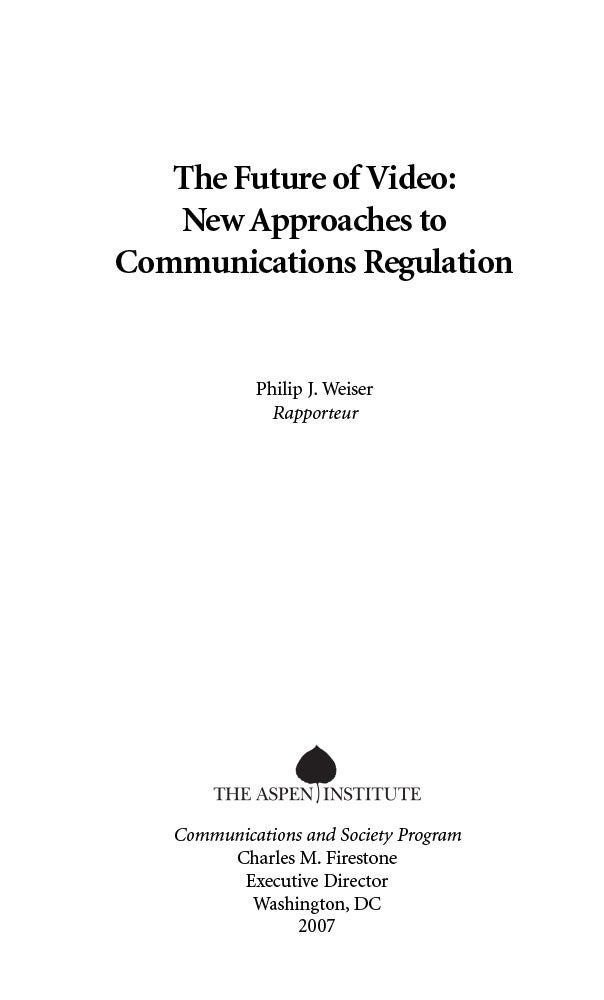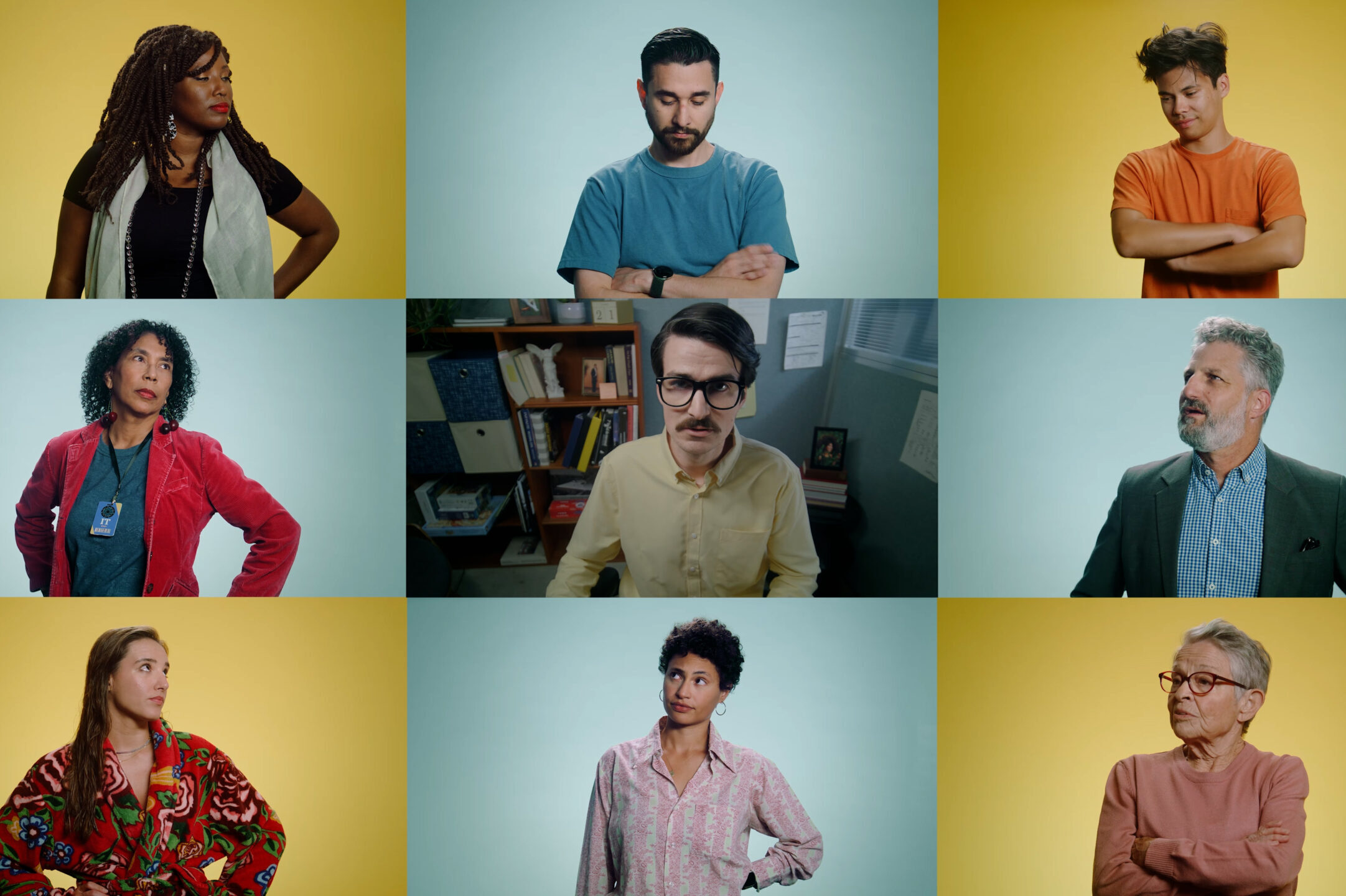Video’s role as the next step in the evolution of the Internet is little debated. Video delivered over the Internet (IPTV), the rapid increase in broadband delivery into the home, and the exploding popularity of video sites such as YouTube have signaled a shift in consumer behavior. Google’s recent acquisition of YouTube for $1.65 billion only underscores the medium’s growing importance to companies across the communications sector. Attempting to plan for video’s next incarnation, however, dredges up a number of issues boiling beneath the surface of current discussions on the Internet. What structural and economic regulation is appropriate in a broadband, IPTV reality? What consumer protections are warranted and who should enforce them? How do we understand and grapple with difficult intellectual property issues inherent in the new media?
In the summer of 2006, the Aspen Institute Communications and Society Program convened the twenty-first annual Aspen Institute Conference on Communications Policy to address these issues. Thirty-four leaders, experts, and regulators in the media, telecommunications, and information technology fields gathered at Aspen, Colorado, for a three-day roundtable to discuss where video services are heading. This report, written by Professor Philip Weiser of the University of Colorado at Boulder, draws together a number of threads from those discussions into a coherent analysis of the central areas of concern for video’s transition to an Internet platform.


